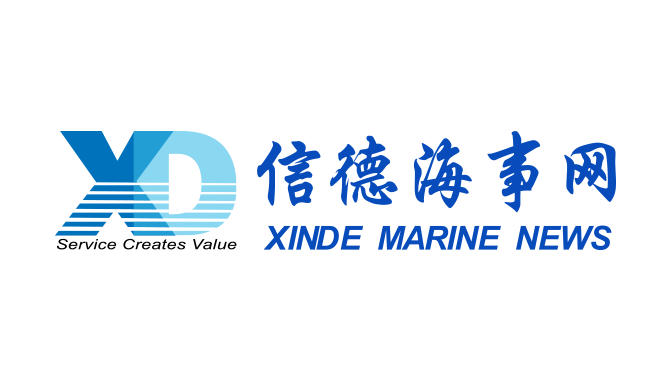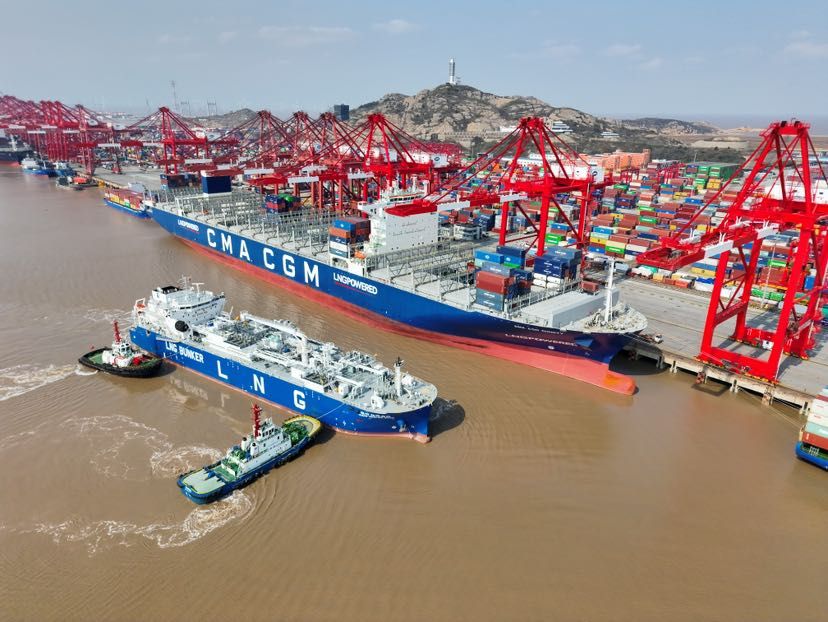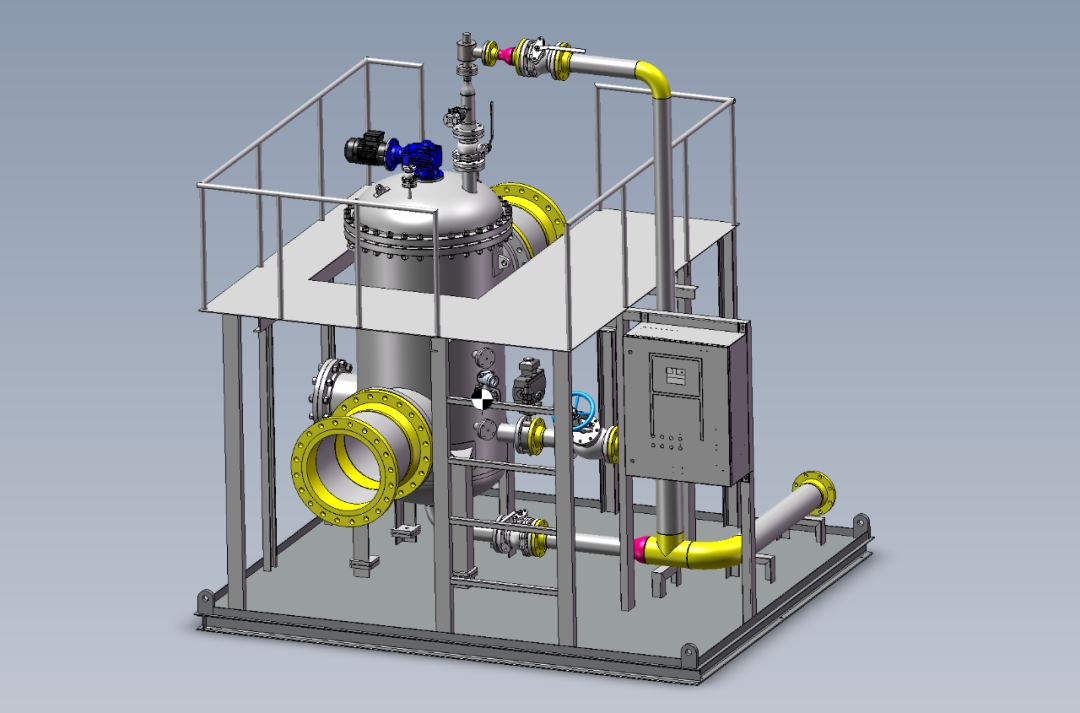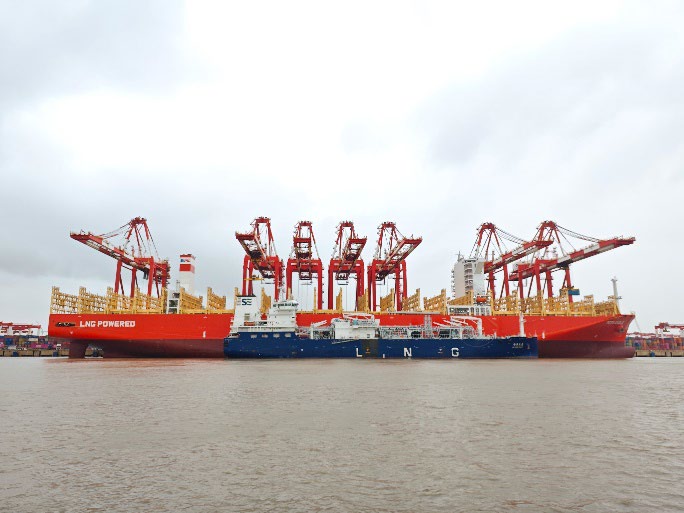ABB and German engine manufacturer MAN Energy Solutions have set a course to work together on helping a key segment of global shipping ease pressure from rising fuel costs and greenhouse gas regulations. A Memorandum of Understanding, signed at September's SMM trade show in Hamburg, envisages a dual-fuel electric plant concept based on MAN's new 49/60DF four stroke engine and ABB's Dynamic AC (DAC) system. The concept will aim to deliver the operational flexibility shipowners need to cut carbon footprint as well as fuel bills for carriers. In addition to the joint concept study, the scope of the cooperation covers sharing technical data as well as discussing interfaces and system integration.

Dual-fuel engines have consistently offered shipowners a high efficiency route to cleaner fuel alternatives while also retaining the flexibility to switch to conventional fuels as required. MAN's latest 49/60DF four-stroke engine can run on LNG, diesel, biofuel blends and synthetic natural gas to provide fuel flexibility on the path to decarbonization. In ABB's DAC concept, the electrical system combines the merits of conventional AC with the variable frequency which can adjust generator load to engine speeds, thereby optimizing total fuel consumption continuously. Installing an energy storage solution in the power plant will also add to improved fuel efficiency.
“Customers demand efficient and flexible propulsion systems to react quickly to changing market conditions and achieve the best utilization for their assets,” said Elvis Ettenhofer, Head of Marine Four-Stroke – Region Asia Pacific, MAN Energy Solutions. “This agreement represents an agile response from MAN and ABB, using our technologies to deliver a next-generation, Dual-Fuel, Electric+ (DFE+) propulsion concept. This technology will help customers to reduce their CO2footprint and fuel costs, and provide flexibility in operation. ABB's DAC system and global presence are an ideal match for our new four-stroke engine.”
“Progressive regulations on emissions have called for continuous innovation in marine propulsion,” said Rune Lysebo, Head of Global Sales, ABB Marine & Ports. “To be truly future-proof, ships that are being built today need to be able to rely on flexibility in energy sourcing. The new power and propulsion system will be optimized for efficiency and compliance, and have the flexibility needed to achieve best performance.”
The new propulsion plant concept will be suitable for LNG carriers, FSUs (Floating Storage Units) and FSRUs (Floating Storage and Regasification Units).
A combined dual-fuel electric power and propulsion system could be installed with an energy storage solution to enhance load management or come coupled with ABB’s Azipod® electric propulsion. MAN and ABB will also explore integrating fuel cells as the technology matures.
The International Maritime Organization's EEXI (Energy Efficiency Existing Ship Index) for existing ships and the CII (Carbon Intensity Indicator) reporting and rating regime will come into effect on January 1, 2023, representing a true starting point for global shipping's journey towards its 2030 and 2050 targets for reducing carbon emissions.
The opinions expressed herein are the author's and not necessarily those of The Xinde Marine News.
Please Contact Us at:
media@xindemarine.com


 WOODSIDE AND CHINA RESOURCES AGREE LONG-TERM LNG SU
WOODSIDE AND CHINA RESOURCES AGREE LONG-TERM LNG SU  Shanghai Yangshan Port Bunkered Two LNG Powered Con
Shanghai Yangshan Port Bunkered Two LNG Powered Con  Headway successfully delivers filtration skid solut
Headway successfully delivers filtration skid solut  Celebrating the Launch of “Green Energy Pearl” –
Celebrating the Launch of “Green Energy Pearl” –  PIL and SSES complete the inaugural LNG bunkering o
PIL and SSES complete the inaugural LNG bunkering o  BW LNG secures e-procurement deal with Procureship
BW LNG secures e-procurement deal with Procureship